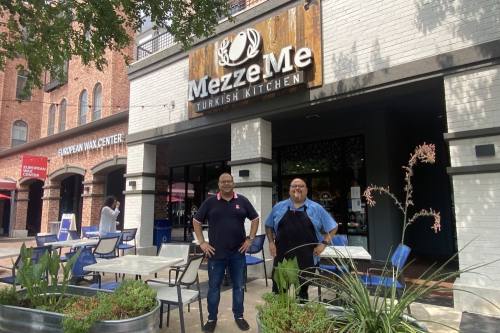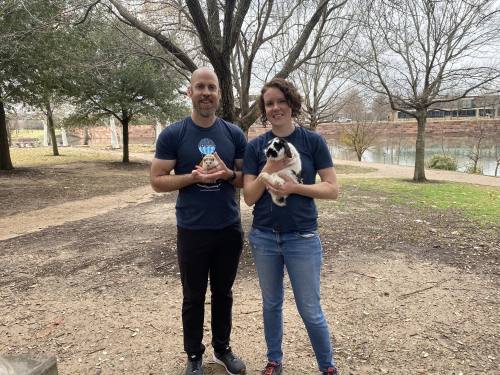Keller | Roanoke | Northeast Fort Worth
Community members speak out against proposed concrete batch plant in North Fort Worth
Several community members, including Alan Blaylock, Fort Worth District 10 council member, and Northwest ISD board President Steve Sprowls, spoke out against a proposed concrete batch plant at a Texas Commission on Environmental Quality meeting April 15.




















 Be the reader to
Be the reader to 